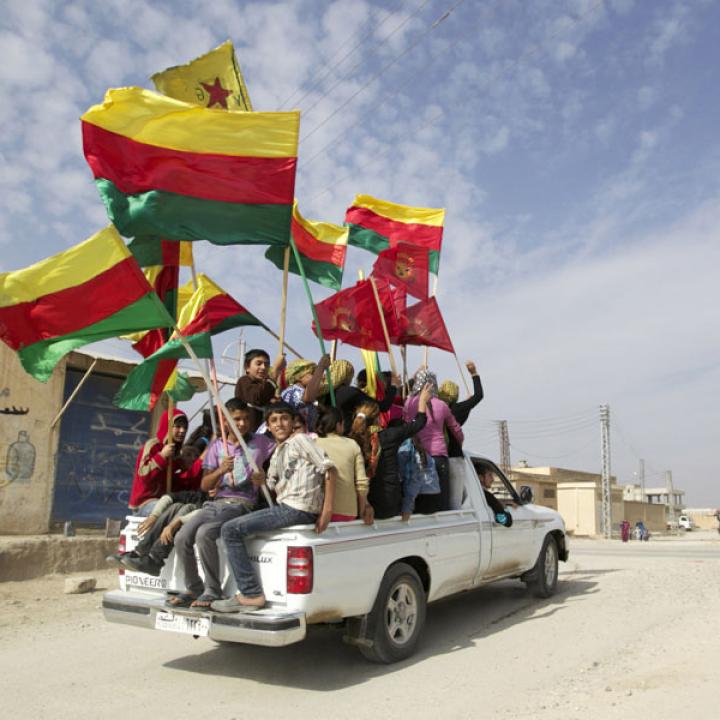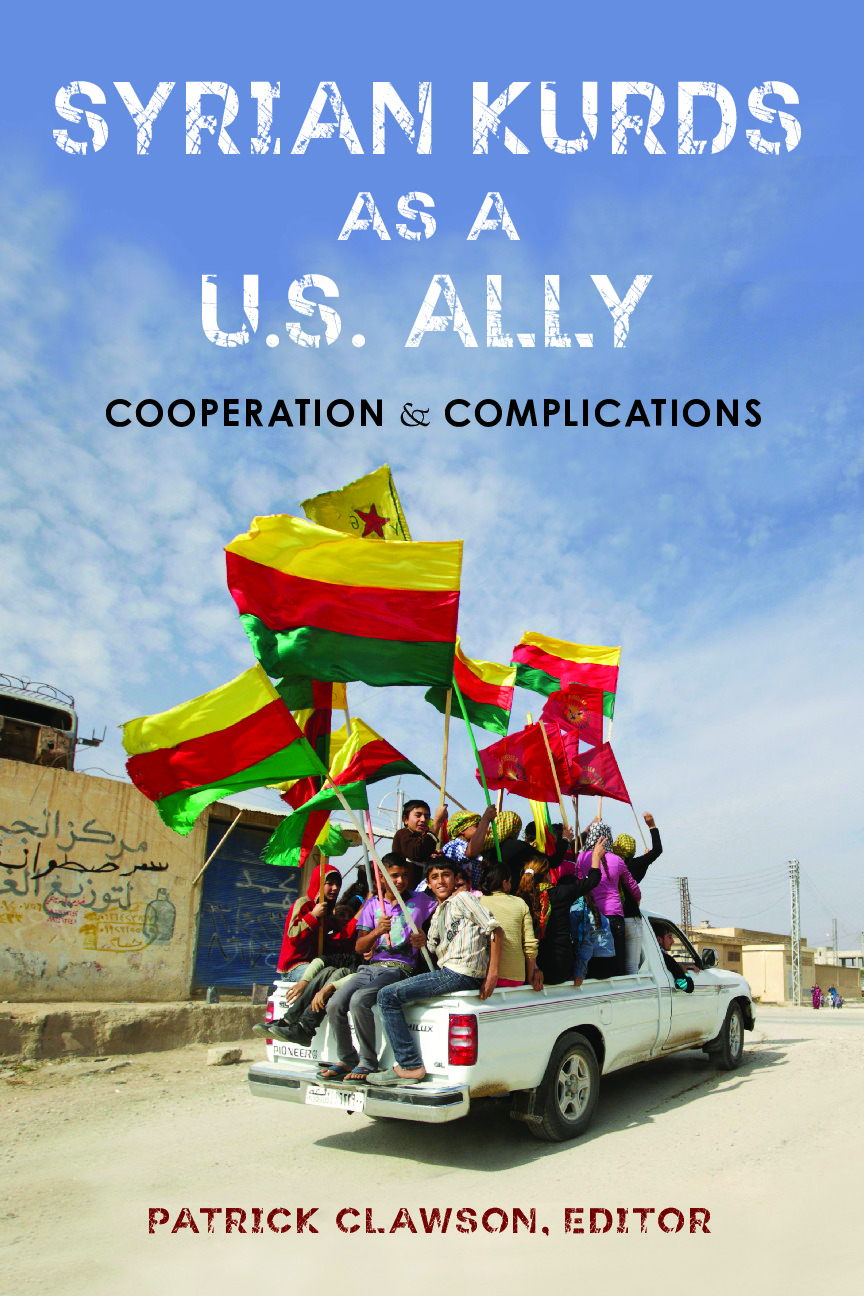
- Policy Analysis
- Policy Focus 150
Syrian Kurds as a U.S. Ally: Cooperation and Complications

This collection of essays by Washington Institute experts explores how the United States can work with--or, in some cases, around--the various actors in heavily Kurdish-populated northern Syria to advance the fight against the Islamic State and create long-term stability.
Successive pieces look at the Kurds themselves, Turkey, Arabs in the Kurdish-controlled area, the Syrian Arab opposition, the Iraqi Kurds, and Russia. All these parties are engaged in complex interactions; none fully share U.S. interests--although many have interests that overlap with or even conflict with those of the United States. The authors stress that since one of the more contentious issues is the relationship between Syria's dominant Kurdish actor, the Democratic Union Party, or PYD, and Turkey's Kurdistan Workers Party, the terrorist-designated PKK, U.S. interests are best served by a full separation of these two groups. Since the two most likely sources of ground forces are the PYD and Turkish-backed elements--if not Turkey itself--presumably aided by U.S. Special Forces, these essays explore how best to work with these two actors who are unfriendly with each other but potentially helpful to the United States.
Contents
- Preface | Patrick Clawson
- Making Rojava More Like the KRG | David Pollock
- U.S. Ties with Turkey and the Syrian Kurds | Soner Cagaptay
- The Syrian Opposition and the PYD | Andrew J. Tabler
- Arabs in the PYD-Controlled Area | Fabrice Balanche
- Iraqi Kurds and Syrian Kurds | Bilal Wahab
- Russia, Syrian Kurds, and the Assad Regime | Anna Borshchevskaya
- U.S. Policy and the PYD | Patrick Clawson
the editor
Patrick Clawson is the Morningstar Senior Fellow and director of research at The Washington Institute, where he directs the Iran Security Initiative. Widely consulted as an analyst and media commentator, he has authored more than 150 articles about the Middle East and international economics.







